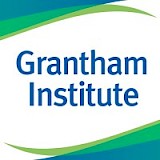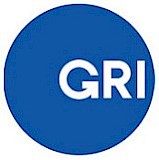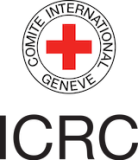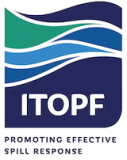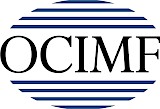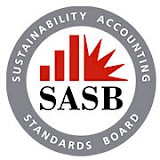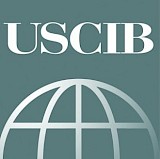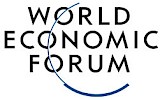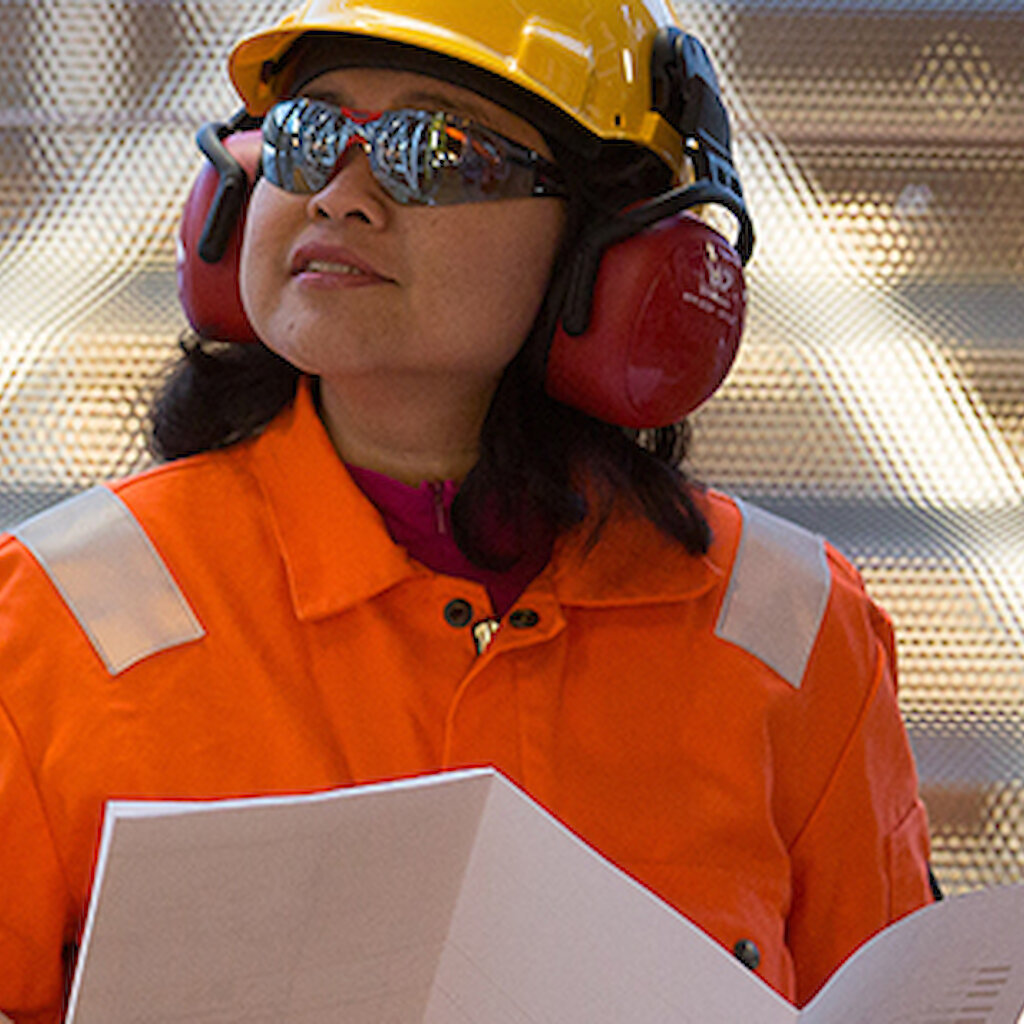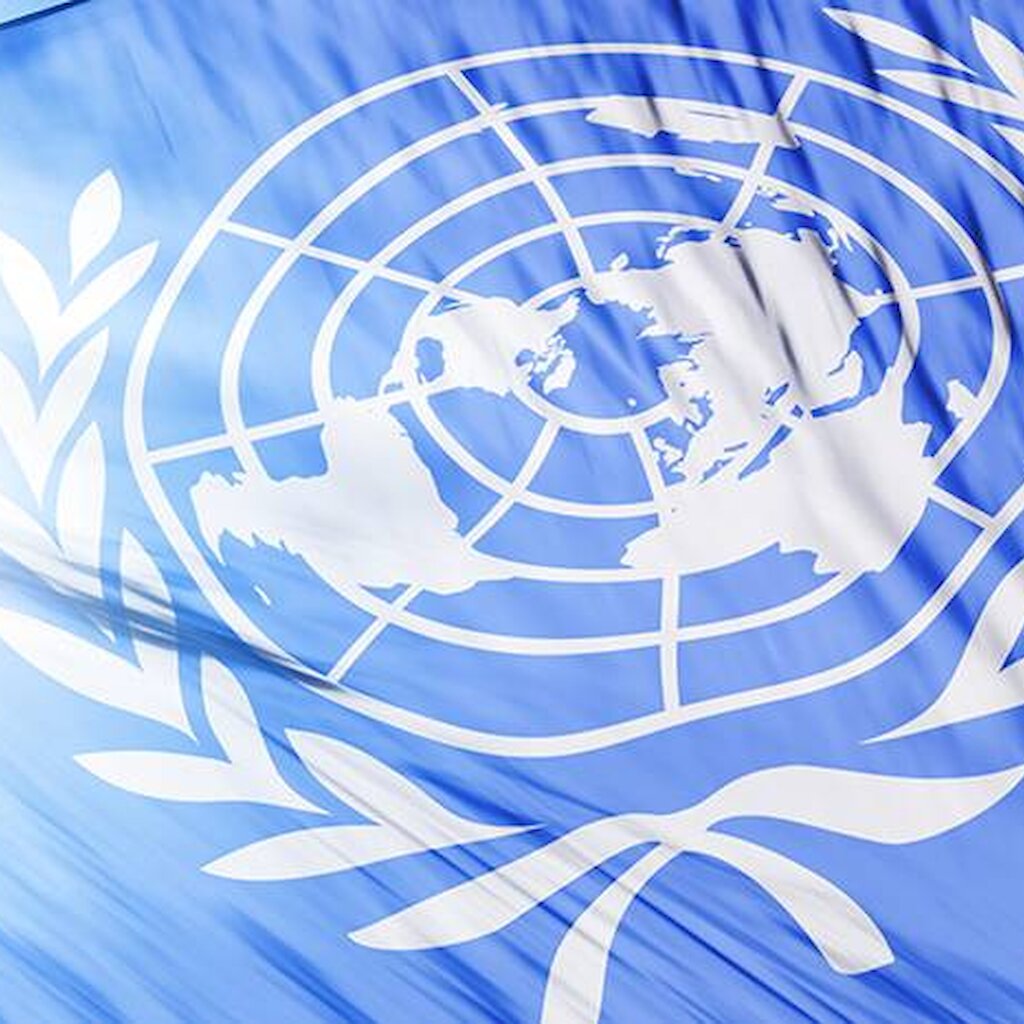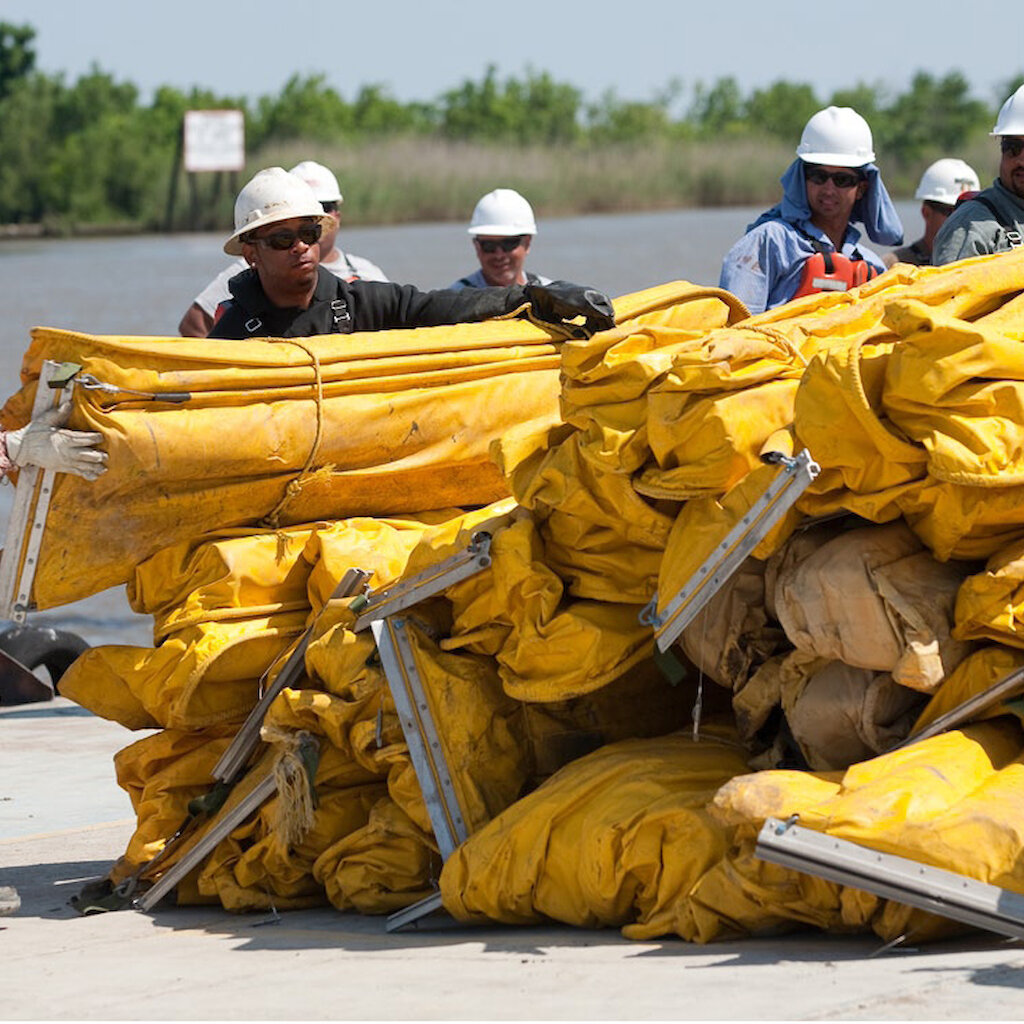Learn how Ipieca’s ongoing engagement, partnerships and collaboration with external stakeholders advances Ipieca’s work programme and contribution to the energy transition in the context of sustainable development.
Collaboration is at the heart of what Ipieca does. For over 45 years, Ipieca has convened experts from across our member companies with key stakeholders from the United Nations, NGOs, civil society and academia to scale up impact on the interconnected issues of climate action, environmental responsibility, social performance and integrating sustainability.
Engaging with the UN Environment Programme
Ipieca was established in 1974 at the request of the United Nations Environment Programme (UNEP) to develop a shared industry response to environmental and social issues.
Ipieca remains the oil and gas industry’s principal channel of engagement with UNEP, as described below:
- Climate and Clean Air Coalition + Oil and Gas Methane Partnership

Ipieca and UNEP have previously collaborated on workshops exploring the barriers and drivers for a low-emission energy transition. The cooperation has progressed areas of shared interest, such as methane, low-emissions transport, and helping developing countries adapt to low-emission pathways. Ipieca also supports various UNEP-led initiatives, including the Climate and Clean Air Coalition (CCAC) and the Oil and Gas Methane Partnership (OGMP).
- UNEP World Conservation Monitoring Centre

Ipieca works closely with the UNEP-World Conservation Monitoring Centre (UNEP-WCMC) to develop guidance and address key biodiversity and ecosystem services (BES) issues across the oil, gas and alternative energy industry. This relationship has been formalised through the development of a memorandum of understanding between the two organizations.
Ipieca collaborates on several UNEP-WCMC initiatives, such as the Proteus Partnership, which provides companies with the biodiversity information needed to integrate biodiversity considerations into operations and to support the development and improvement of key global biodiversity resources. Ipieca also supports the Biodiversity Indicators for Site-based Impacts joint initiative by UNEP-WCMC, Fauna and Flora International and Conservation International, which developed a methodology to help the energy and mining sector monitor risks and benefits associated with biodiversity at site-level.
Ipieca additionally collaborates with UNEP and UNEP-WCMC on the Oil for Development programme, which builds regional and national capacity for environmental management of oil and gas operations. Ipieca provides technical expertise to the programme’s training courses and workshops.
UNEP-WCMC has supported Ipieca in BES horizon scanning exercises since 2013, producing BES horizon scanning reports. In addition, UNEP-WCMC engages in the development and delivery of a number of BES peer-to-peer training workshops across different locations globally. Through these projects, Ipieca provides leadership and guidance on managing BES issues in the industry.
- Partnership for Clean Fuels and Vehicles
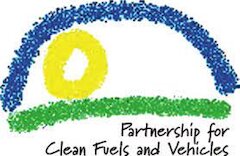
Ipieca is a founding member of UNEP’s Partnership for Clean Fuels and Vehicles (PCFV), which focuses on air quality improvements through improved vehicle emissions standards and lower-sulphur fuels. Working in partnership with UNEP PCFV, Ipieca assisted the oil and gas industry in implementing downstream strategies for phasing out leaded gasoline, including developing an extensive guide, Getting the lead out: downstream strategies and resources for phasing out leaded gasoline. Working with over 70 different organizations , this partnership resulted in the global end of leaded petrol in July 2021.
In 2020, Ipieca issued a joint guidance with the PCFV on Lower-sulphur fuels, road transport strategies and air quality improvements, which discusses the characteristics of effective air quality management frameworks and recommends a holistic approach to reducing emissions from transport.
- UN Environment Assembly
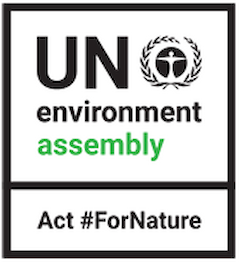
The UN Environment Assembly is the governing body for the UNEP. It formulates UNEP’s programme of work, determining how UNEP will address key environmental challenges aligned with the 2030 Agenda for Sustainable Development. It is one of the leading forums on the environment and is the highest decision-making body on environmental matters in the UN, helping to shape the global debate on these issues.
Ipieca attends UNEA every year as an official observer. Ipieca communicates to its members the key outcomes and resolutions from UNEA meetings, as well the latest global, regional and national developments related to the environment, to help inform the environmental management of their operations.
- Intergovernmental Negotiating Committee on Mercury

In 2010, UNEP convened an Intergovernmental Negotiating Committee (INC) to develop a global limit on anthropogenic mercury emissions. As part of this UNEP initiative, Ipieca was requested to provide data on the releases of mercury from the oil and gas sector. Ipieca presented the largest publicly available dataset on mercury levels covering 446 crude oils and condensates at the Technical Briefing of the third session of the INC, indicating that the refining sector contributes only 0.08% of the total global mercury releases to air and water combined.
Ipieca published guidance in 2014 on Mercury management in petroleum refining, encompassing environmental controls, worker health and safety, process safety, product safety, waste management, and product stewardship, which was shared with UNEP. Ipieca continues to work with UNEP and its Global Mercury Partnership as they develop an overview document on mercury in oil and gas supply chains.
Engaging with other UN bodies
Ipieca’s consultative status at the UN, coupled with its non-lobbying mandate, has allowed it to build strong partnerships and trusted relationships throughout the UN system:
- UN Convention on Biological Diversity

Ipieca’s work on biodiversity and ecosystem services (BES) is underpinned by the UN Convention on Biological Diversity, which acts as an international framework of reference for biodiversity issues.
Ipieca has official observer status and attended the first ever UN Conference of Parties (COP) to the Convention on Biological Diversity (CBD) in 1994, representing Ipieca’s global membership in support of global biodiversity conservation. Ipieca continues to participate at CBD COP through the Open-Ended Working Group (OEWG), Subsidiary Body on Scientific, Technical and Technological Advice (SBSTTA) and Subsidiary Body on Implementation (SBI).
In 2018, the 14th CBP COP agreed on the need to mainstream biodiversity into a number of industry sectors, including energy and mining. Ipieca accordingly engages with the UN CBD Secretariat and global stakeholders and develops good practice guidance to support the integration of a long-term approach to biodiversity management within our sector.
At the CBD COP-15 in 2022, a post-2020 global biodiversity framework will be launched, along with an internationally agreed long-term approach to mainstreaming biodiversity. Establishing an ambitious plan to galvanise urgent and transformative BES action, the framework will call for governments to set national plans and regulations, with increased expectations for input and commitments from the private sector. Ipieca will work with the CBD and other stakeholders to help members contribute/implement the framework.
- International Civil Aviation Organization

Ipieca has observer status with the International Civil Aviation Organization (ICAO). Our role is to provide the ICAO with technical inputs on life cycle analysis of aviation fuels, including their processing, as well as analysing other sustainability criteria, including human rights, biodiversity, resources availability and supply chain issues related to their development.
- International Maritime Organization

Ipieca works with the International Maritime Organization (IMO) to develop global oil spill preparedness and response capacity under the Global Initiative (GI) partnership. Launched in 1996, the programme organizes educational workshops, exercises and training courses to assist countries in developing national oil spill preparedness and response structures and capability. Ipieca also works closely with the IMO Marine Environment Protection Committee on issues related to oil spill preparedness and response and fuel quality.
In 2019, Ipieca worked with IMO to ensure the successful roll out of its global regulation banning ships from using marine fuel with a sulphur content above 0.5%, which came into force on 1 January 2020. As part of this work, Ipieca and IMO partnered with a number of shipping, refining, fuel supply and standards organizations to develop a Joint industry guidance on the supply and use of 0.50%-sulphur marine fuels, as well as an accompanying e-learning course to facilitate the safe handling and management of new low-sulphur fuels.
Ipieca also participates in IMO activities examining the carbon footprint of alternative fuels, where life cycle analysis is an important technical parameter, as well as issues such as product quality and supply logistics.
- UN Framework Convention on Climate Change
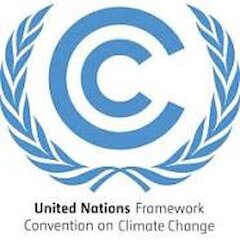
Ipieca supports the aims of the Paris Agreement and supports the oil, gas and alternative energy industry in its efforts to reduce greenhouse gas emissions and manage the risks and impacts of climate change. Ipieca leads engagement on behalf of the membership with the UN and as part of the international dialogue on the energy transition.
Ipieca attended the first ever UNFCCC Conference of the Parties (COP) in 1995 and has participated in every COP since. Ipieca attends the annual meetings as an official observer and provides members with summaries of the meetings. The association also supports discussion on relevant topics by hosting events alongside the conferences. Ipieca does not lobby on behalf of the industry but aims to increase understanding and provide timely information to members and key stakeholders.
- Intergovermental Panel on Climate Change
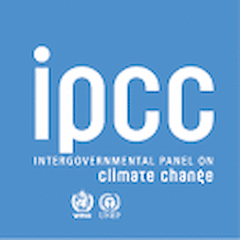
Ipieca is an observer organization and provides technical input when requested on the reports produced by the Intergovernmental Panel on Climate Change (IPCC), such as the Sixth Assessment Report (AR6) and the Special Report on Carbon Capture and Storage. The secretariat and member company representatives also attend IPCC meetings as observers, and IPCC is regularly invited to Ipieca meetings to exchange with Ipieca members.
- World Bank Global Gas Flaring Reduction Partnership
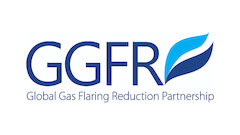
Ipieca supports the World Bank’s Global Gas Flaring Reduction partnership’s (GGFR) ‘Zero routine flaring by 2030’ initiative, which brings together governments, oil companies and development institutions who recognize the flaring situation is unsustainable from a resource management and environmental perspective, and who agree to cooperate to eliminate routine flaring no later than 2030.
In 2022, Ipieca, in collaboration with GGFR and IOGP, updated the Flaring management guidance, which outlines new developments in flaring management and reduction, and examines industry experiences with eliminating flaring, new technologies, business models, operational improvements and regulatory policy. It also features case studies and examples of positive change.
- UN Guiding Principles on Business and Human Rights

The UN Guiding Principles on Business and Human Rights (UNGPs) provide a set of principles that clarify the State duty to protect human rights and the business responsibility to respect human rights. Ipieca was involved in the consultation and development of the UNGPs in 2011, and since then, has worked to help members and the wider oil, gas and alternative energy industry operationalize the UNGPs framework. This involves developing practical guidance, such as the Human rights due diligence guidance, which can be adapted to accommodate respective sizes, business activities and geographies.
Ipieca’s work on business and human rights builds on the collective experience and practical knowledge of our global membership and demonstrates strong and ongoing industry support for the UNGPs.
- UN Working Group on Business and Human Rights
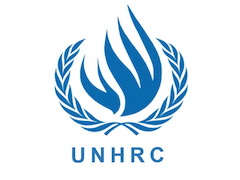
The UN Working Group on Business and Human Rights was established by the Human Rights Council in 2011 with the mandate to promote the effective and comprehensive dissemination and implementation of the UNGPs. Ipieca supports the Working Group’s mandate by sharing and promoting good practices and lessons learned on UNGPs implementation, engaging regularly to share key updates, and participating in the annual UN Forum on Business and Human Rights.
- UN Global Compact

The UN Global Compact (UNGC) is a voluntary initiative based on CEO commitments to implement universal sustainability principles and to take steps to support UN goals. Ipieca has supported the 10 principles of the UNGC since 2000, providing members with guidance and tools to respond effectively to environmental and social issues. Ipieca submits a Communication of Engagement every two years to describe the practical actions it takes to support the UNGC. Ipieca continues to engage in the UNGC through calls and webinars.
- UN Development Programme and International Finance Corporation
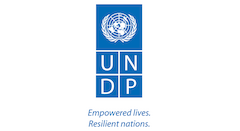
In 2017, Ipieca, in partnership with the UN Development Programme (UNDP) and the International Finance Corporation (IFC), launched Mapping the oil and gas industry to the Sustainable Development Goals: an Atlas. The joint report explores the links between the oil and gas industry and the Sustainable Development Goals (SDGs)and seeks to facilitate a shared understanding of how the industry can most effectively support the achievement of the SDGs.
- World Health Organization

The Ipieca-IOGP Health Committee established formal communication with the World Health Organization in 2021. The World Health Organization is keen to work with business towards achieving the health-related SDGs. The Committee will continue the engagement to support WHO’s work.
Key partnerships
Ipieca is also continuing to develop its partnerships with the below organizations.
- Building Responsibly

Ipieca has been collaborating with Building Responsibly on topics related to social responsibility, supply chain and health since the coalition’s inception in 2017. In 2022, Ipieca became a supporter of Building Responsibly.
The Building Responsibly principles served as a basis for Ipieca's labour rights training, which aims to build awareness and improve the management of labour rights issues in the oil and gas industry supply chain, focused on the risks associated with the construction of large projects in sensitive geographies with vulnerable workers. The Building Responsibly principles have also been incorporated into Ipieca’s Labour rights materials for contractors and Labour rights risk identification in the supply chain.
- Cross Sector Biodiversity Initiative
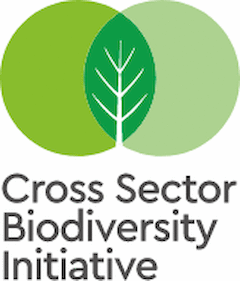
Ipieca, the International Council on Mining and Metal and the Equator Principles Association formed the Cross Sector Biodiversity Initiative (CSBI) in 2013 to develop and share good practice guidance and practical tools for biodiversity conservation in the extractive industries.
CSBI convenes the collective knowledge and expertise of practitioners working across the oil and gas, mining and finance sectors, and seeks input from external stakeholders and NGOs.
- Council for Inclusive Capitalism
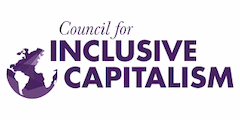
Ipieca has engaged with the Council for Inclusive Capitalism on just transition since October 2021. The Council’s Just energy transition framework provides guidance to support private sector action, as part of its global movement of business leaders committing their organizations to specific actions that create long-term value for all stakeholders.
In March 2022, the Council’s CEO Meredith Sumpter participated in a stakeholder panel session at Ipieca Week, exploring the cross-cutting elements of the just transition and the role the industry can play in progressing the just transition.
In December 2022, Ipieca joined the Council as an Ally.
- International Council on Mining and Metals

Since 2013, Ipieca has engaged with the International Council on Mining and Metals (ICMM) through the Cross Sector Biodiversity Initiative to develop and share best practice on biodiversity management in the mining, oil and gas and finance sectors.
Ipieca also holds knowledge sharing sessions with ICMM on water management and water reporting, with further synergies and ongoing engagement occurring across Ipieca’s four strategic pillars, which are greatly aligned with ICMM’s strategy.
- International Labour Organization

The GBNFL brings together the ILO with businesses of all sizes and sectors from around the globe to develop actionable resources and tools, and devise local solutions that help shape national frameworks to eradicate forced labour.
The network’s activity focus areas enhance Ipieca's commitment to the UN Guiding Principles, and to promoting social performance and fair recruitment in the supply chain. - International Union for the Conservation of Nature

In April 2021, Ipieca signed a memorandum of understanding with the International Union for the Conservation of Nature (IUCN) with the objective of advancing oil, gas and alternative energy environmental performance in the area of biodiversity conservation and activities that accelerate the transition to a low-carbon energy future.
Ipieca and IUCN are actively exploring collaboration opportunities at the 15th Conference of the Parties to the UN Convention on Biological Diversity, with a focus on supporting industry implementation of the post-2020 global biodiversity framework. Synergies across other topics, such as alternative energy, are also being explored.
IUCN has been a third-party reviewer for several Ipieca guidance documents, providing a valuable external perspective and technical inputs for the Ipieca-API-IOGP Sustainability reporting guidance for the oil and gas sector, and the upcoming Ipieca Biodiversity action plan guidance and Ipieca-OGCI High carbon stock ecosystems: natural climate solutions management guidance, both of which will be launched in 2022.
- Methane Guiding Principles

Ipieca is an associate signatory to the Methane Guiding Principles, supporting the application of the Guiding Principles to advance reductions of methane emissions across the natural gas value chain. We do this by raising awareness, sharing knowledge and encouraging uptake of good practices across our membership and the wider industry.
- Oil and Gas Climate Initiative

In March 2022, Ipieca signed a memorandum of understanding with the Oil and Gas Climate Initiative (OGCI), formalizing the two organizations’ long-standing collaboration on climate action and supporting the industry’s contribution to the Paris Agreement and its aims.
Ipieca was the first global oil and gas association to become a supporter of the OGCI-hosted ‘Aiming for Zero Methane Emissions Initiative’, which establishes an all-in approach that treats methane emissions as seriously as the oil and gas industry already treats safety.
We are currently working with OGCI to develop joint guidance on High carbon stock ecosystems: natural climate solutions management, which will be launched by the end of 2022.
Additionally, in partnership with SPE Gaia and IOGP, Ipieca and OGCI have collaborated on several webinar series, including an ongoing series sharing knowledge and good practice around the scaling up of CCS technology, and a series in 2021 which explored oil and gas organizations’ efforts to reduce methane emissions.
- Society of Petroleum Engineers

In September 2018, Ipieca signed a memorandum of understanding with the Society of Petroleum Engineers to further enhance the industry’s sustainability performance.
Ipieca promotes and participates in relevant SPE programmes and conferences and utilizes SPE’s network and technical expertise to further the outreach and communication of good practice and knowledge.
In partnership with IOGP and OGCI, Ipieca and SPE Gaia have collaborated on several webinar series, including an ongoing series sharing knowledge and good practice around the scaling up of CCS technology, and a series in 2021 which explored oil and gas organizations’ efforts to reduce methane emissions.
- World Business Council for Sustainable Development

Ipieca has had longstanding collaboration with WBCSD across our four strategic pillars.
In 2021, Ipieca, in partnership with the World Business Council for Sustainable Development (WBCSD) launched Accelerating action: an SDG roadmap for the oil and gas sector. The Roadmap aims to prioritize areas where the sector can significantly impact SDG progress by identifying key impact opportunities for the most material SDG goals and targets, coordinating effort across the industry to establish a collective sector pathway to 2030.
Ipieca and WBCSD are now exploring how to support the energy sector to align with the global ambition of achieving nature positive.


















